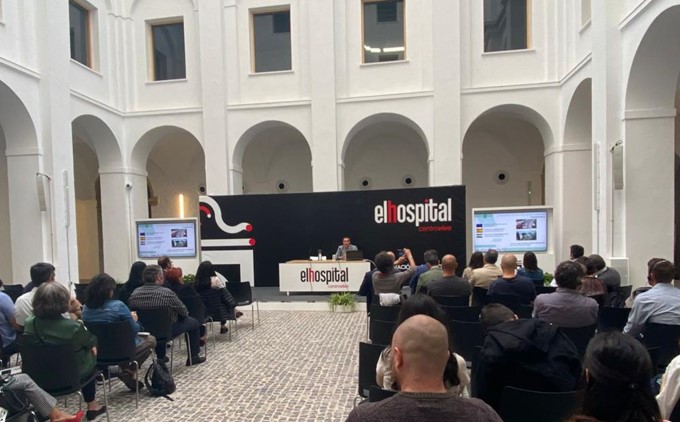Moves are underway in England to establish a new fund for investment in energy efficiency renovations, aiming to provide affordable finance for large scale energy efficiency projects. Led by Plymouth City Council in England, the Financial Instruments for Energy Renovation Policies (FINERPOL) Project is now underway.
The Interregional event in London in November 2016 focussed on lessons to be learned from the London Energy Efficiency Fund, and in December 2016, regional stakeholders held the first in a series of meetings aiming to establish a new energy efficiency investment fund and a pipeline of energy refurbishment projects.
The lessons emerging from the event that are of immediate relevance to the financing of energy efficiency renovation projects are:
- Whilst investment funds might operate at a larger scale, local action is needed to bring projects forward, comprising opportunity-spotting, data collection, project development. There is a role for local trusted intermediaries (public bodies / community organisations) in facilitating the development of a pipeline of projects that give necessary scale to unlock funds
- Projects need to be developed to a high standard to create the right risk profile for investment, and building owners need local support to achieve this. Data gathering on energy use, and its quality, is fundamental to this task.
- Building-owner’s institutional, legal and operational constraints must be well understood
- Investment Funds can be flexible enough to finance different types of project within the same portfolio (commercial, residential etc.), so it is not necessary to focus on any one sector exclusively
- Opportunities exist to build the required scale of project pipeline by coordinating the actions of a number of regional stakeholders into a single basket of investment propositions.
- Benefit-sharing models will be needed to motivate some building owners, where tenants will otherwise be the sole beneficiaries of energy efficiency investment
- Opportunity lock-out is a strategic risk that we must take into account at the start.
The report summarises case studies and the content of the debate at the Interregional meeting, and goes on to consider next steps for the project in the UK.
The full report can be downloaded here, along with an audio recording of the Expert Panel discussion.
For more information contact [email protected]
Editors notes:
The Financial Instruments for Energy Renovation Policies (FINERPOL) Project aims to increase the rate of refurbishment of buildings to increase their energy efficiency, by improving access to investment finance. It is supported by European Regional Development Funding provided through the Interreg Europe Programme.
Buildings account for 40% of energy use and 36% of CO2 emissions in the European Union with older buildings being up to 20 times less energy efficient than new builds. Currently about 35% of EU buildings are over 50 years old. Increasing investment in energy efficiency and renewable energy for buildings is a major challenge to meet European Union and UK targets to reduce carbon emissions. However, austerity measures and a more riskaverse investment climate have slowed the rate of investment considerably.
FINERPOL partners aim to develop regional Action Plans to overcome these barriers, making use of EU funds, and national and other sources as appropriate, to attract investment finance from a range of sources for energy efficiency renovations.
The UK event comprised a Dissemination meeting regarding good practices in Plymouth, and an Interregional event in London focussing on lessons to be learned from the London Energy Efficiency Fund.









